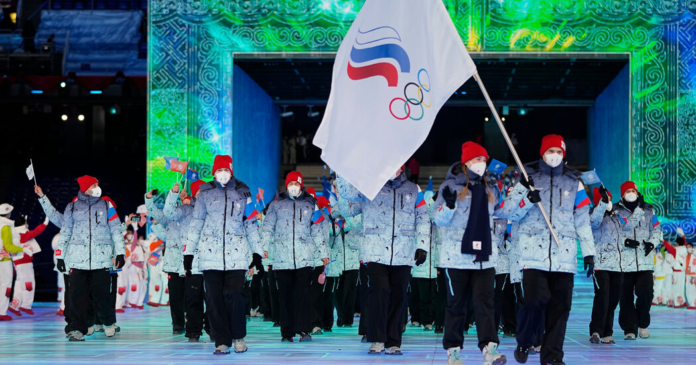They are the questions in international sports that will not go away: Should Russian and Belarusian athletes be allowed to compete and, if not, then how long should they remain in sporting Siberia?
Those questions have taken on new urgency this month, as competitions in winter sports get underway for the first time since earlier this year, when those two nations were thrown out in the wake of Russia’s invasion of Ukraine. The usually conflict-averse International Olympic Committee even urged individual sports to exclude Russians and Belarusians, though it couched that recommendation as a way to prevent national governments from meddling in sports by denying visas for athletes from those countries.
Little thought was given to how long the prohibitions, or the war, might last. The Winter Olympics in Beijing had just ended. The 2024 Summer Games in Paris were more than two years away. FIFA, soccer’s world governing body, had quickly booted Russia from the qualifying competition for the World Cup, set to begin in Qatar Nov. 20. The major international summer sports, including swimming and track and field, barred Russians and Belarusians from their world championships.
But the sports calendar is edging closer to the Paris Games, and qualifying competitions for the event will be in full swing next year. That deadline, combined with the I.O.C.’s lofty goal of pursuing peace through sport — and the more practical one of preserving a relationship with Russia, a powerful Olympic partner — has the organization’s leaders wrestling with a problem that has no easy answer: How to stop punishing athletes for the actions of their governments, and how to do it amid an escalating war.
Home Uncategorized Hints of Russians’ Return to International Sports Rekindle Debate Over Their Exclusion


